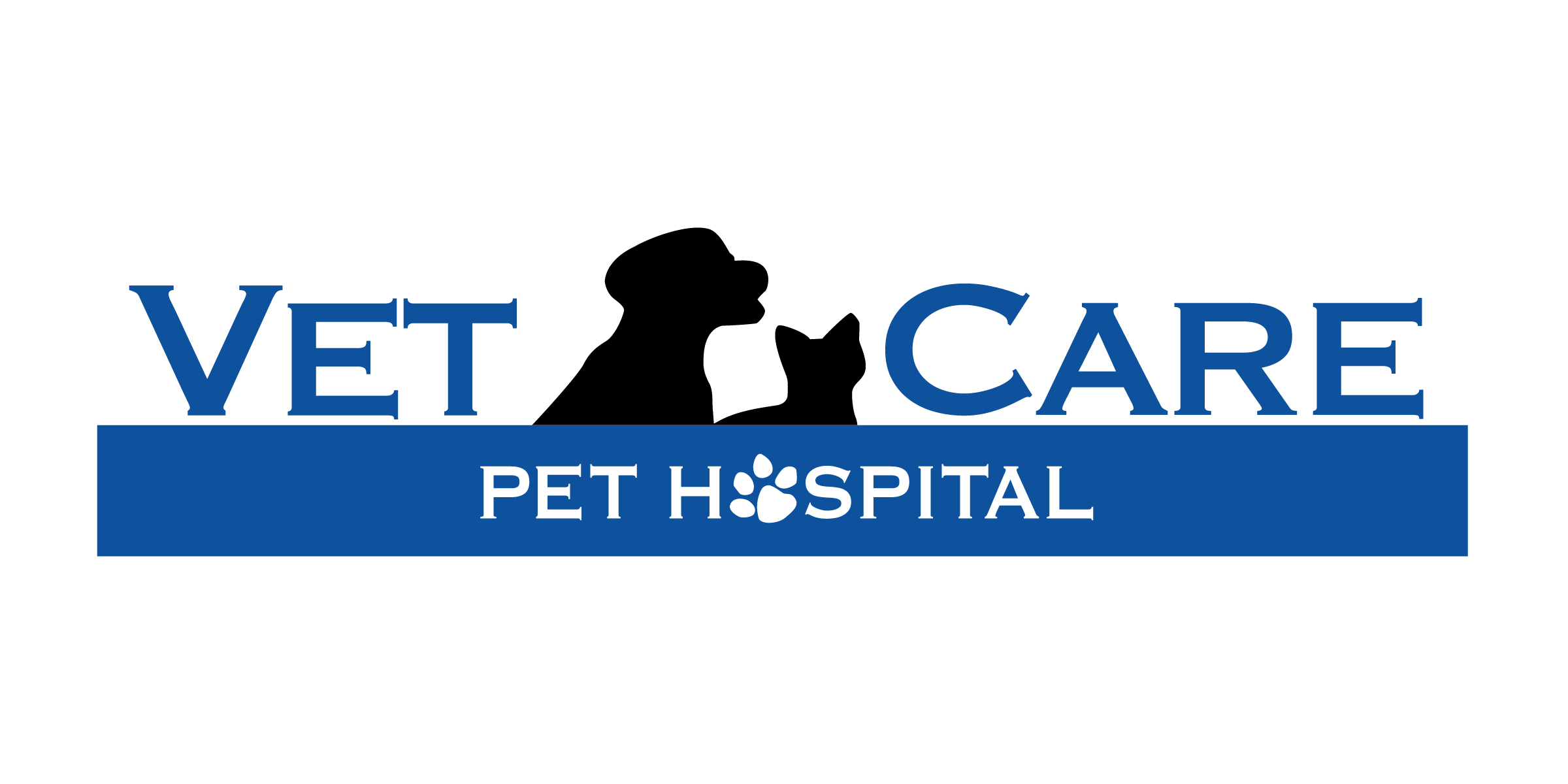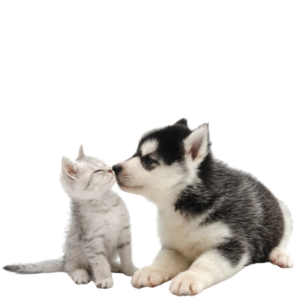It is completely fair if you have ever felt overwhelmed by the decision of what to feed your pet – there are about a million different kinds of food and about a million more opinions on what is “good” and what is “bad” to feed our animals. Here is the true scoop on basic pet nutrition.
MYTH: Corn is not digestible and is just filler.
FACT: Fillers have no nutritional value. Corn is packed full of valuable nutrients that support the skin and coat, such as antioxidants (part of the vibrant yellow colour), vitamins A and B, selenium and zinc, and amino and fatty acids, all essential to canine nutrition. Whole corn is covered by a protective layer called the hull. When this layer is broken, it allows digestive enzymes to break down the fat, carbohydrates and protein. Study results have shown that grinding corn (as it is in kibble) increases digestibility, increasing the availability of nutrients.
MYTH: Grains are too high in carbohydrates and cause allergies
FACT: Carbohydrates are one of the “macro” nutrients required by all mammals for energy and grains are an excellent source. Grains will only provide too high of a carbohydrate load if owners overfeed them. Any ingredient can cause a food allergy, but it is rarely grain. More commonly, animal proteins cause food allergies and grains have been shown to be no more allergenic than fruit or vegetables.
FACT: The most recent research is demonstrating links between feeding grain free diets long-term and dilated cardiomyopathy (DCM) in dogs. For more information, see the links below.
Taurine Deficiency and Dilated Cardiomyopathy in Golden Retrievers Fed Commercial Diets
FDA Investigating Potential Connection Between Diet and Cases of Canine Heart Disease
It’s Not Just Grain-Free: An Update on Diet-Associated Dilated Cardiomyopathy
MYTH: Raw food is safe and better to feed because it is more natural
FACT: Cats and dogs are domestic animals and therefore have developed digestive tracts alongside humans cooking food. Yes, their ancestors and wild relatives today eat raw meat; however they are fundamentally different species and therefore have different nutritional requirements. In addition to this, meat is not the sole factor in any animal’s diet – wild carnivores consume digestive parts of their prey as well which contain grains, grasses and other food items. Raw food is consistently shown to have higher levels of Salmonella and Campylobacter contamination than its cooked counterpart and put your pet at risk for contraction of these bacteria which can make them very sick. Pet fed raw diets also shed the organisms in their feces and mouths and can make humans that come into contact with them extremely ill as well (specifically children, the elderly and immune-compromised individuals). There are 0 studies showing any benefit to raw feeding. Finally, multiple studies have shown most raw diets are not nutritionally balanced – in one 2013 study, 95% were found to be deficient in at least one essential nutrient. This can have devastating effects for your pet and lead to broken bones, hormone imbalances and other conditions, which could be prevented by feeding a balanced diet. The Canadian Veterinary Medical Association, American Veterinary Medical Association, and FDA statements regarding raw feeding can be found at the following links for more information:
Raw Meat-Based Diets for Pets – Position Statement
Raw Pet Foods and the AVMA’s Policy: FAQ
Get the Facts! Raw Pet Food Diets Can Be Dangerous to You and Your Pet
MYTH: By-products are of low quality and unsafe
FACT: The word by-product simply means an additional product of the principal product (for example; chicken referring to chicken meat and chicken byproduct referring to cartilage and organs etc.). Any by-product, when sourced from a high-quality facility and selected from clean, fresh parts of a healthy animal, are helping to provide appropriate nutrition (no animal could survive off muscle meat alone). Often, byproducts are incorrectly associated with diseased animals or “fillers,” but this is not the case with reputable pet food manufacturers.
MYTH: Veterinarians only recommend their diets for the kickbacks they receive from the food companies.
FACT: Veterinarians acquire a negligible amount of personal financial gain from the sale of a bag of food. Diets such as Royal Canin, Purina and Hill’s are recommended by veterinarians because their foods have been clinically and scientifically demonstrated to be safe, balanced, and perform as they claim. For example, a joint care diet made by these manufacturers has been scientifically proven to improve mobility and comfort in dogs that are eating it. Although many other over the counter diets can claim similar benefits, they cannot back those claims like these companies can, which is why veterinarians put so much faith in them. We recommend them because we want to help your pet in the best way we can. We would not be recommending food if it were unsafe or potentially harmful to your animal.
MYTH: If it is sold at a retailer it is safe and balanced to feed
FACT: As a minimum, the product should meet “AAFCO” standards which will be displayed on the packaging. The Association of American Feed Control Officials (AAFCO) is a voluntary membership association of local, state and federal agencies that set a standard of a practical minimum and some maximum nutrient concentrations for dog and cat foods. However, these standards are not regulated or enforced by AAFCO. This is to say that anyone could formulate a pet food and put it on the market with 0 experience or education in nutrition and there is no one to say “actually, you can’t sell that because it is unbalanced/unsafe”. You may be surprised by how many foods at pet stores do not carry this label. Even if they do, just because a food claims to not have a nutrient below a minimum or above a maximum does not mean it exists in an appropriate quantity.
Our best advice is to consult a professional – your veterinarian or veterinary nutritionist! Like humans, pets can have individual nutritional needs, and your vet is the best source of reputable information especially when diet plays a larger role in your pet’s health like managing diabetes, allergies or pancreatitis for example. This is an excellent resource for questions you should be asking about your pet food to determine if it is a quality diet: Questions You Should Be Asking About Your Pet’s Food
Written by: Dr. Katie O’Hanley, Veterinarian




